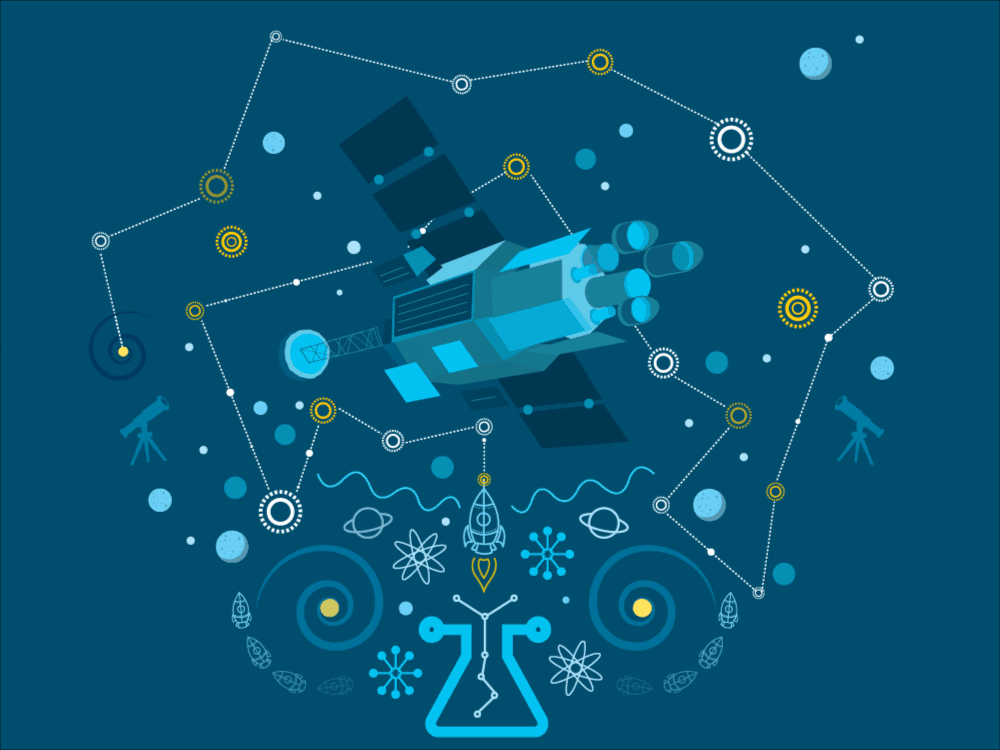
Astronomer Jon Miller’s research satellite in orbit broke because of a glitch in its software code. In this episode, Miller talks about how he balances risk and reward in a science career.
Subscribe to How to Science on Apple Podcasts, Stitcher, Google Play Music, or wherever you get podcasts, so you can binge the first few episodes of Season 2 right now.
And while you’re there, give the podcast a five-star review, wouldja?
View the full Jon Miller episode transcript.
Consider a free membership to the How to Science Facebook group.
Visit the How to Science homepage for more info and other episodes as they’re released.
Highlights from This Episode
- 6:04 – “My friends who are surgeons are made to read books about how disasters happen. I think the lesson of those situations and this one is that it’s never just one thing.”
- 9:40 – “What’s great about doing these things is the people you’re working with. It’s not just the hardware. As long as you still have these colleagues, the work will go on. The inquiry will go on.”
- 11:36 – “The brilliant thing about X-ray astronomy is that it’s still a discovery space . . . The barriers to entry are really low, and the chance to add something to the field that was not known before—there’s a daily chance of doing that.”
- 15:10 – “We’ll make a certain number of discoveries—there's some that we can anticipate—but also build in the capability to be surprised by things we haven’t even guessed at yet. So, oddly, I think hope helps to steel you against strange events like this.”
- 17:16 – “Your chances of success are highest when you really believe in what you do, and when you’re really passionate about it, and when you’re willing to go all in. I think if you start from that point of view and go all in on it, you have a higher chance of success than if you hedge your bets or decide to pursue a field that might be a little safer, but your heart’s not in it.”
Scientist Bios
Jon Miller is a professor in LSA’s Department of Astronomy who studies objects in space such as black holes and neutron stars. He looks forward to putting the next version of the ASTRO-H satellite into orbit.
How to Science host Monica Dus is a professor in LSA’s Department of Molecular, Cellular, and Developmental Biology (MCDB) who studies how the brain responds to the presence and absence of sugar. She wants to figure out how neurons sense and respond to the nutrients eaten as food. Her research relates to feeding behavior, energy balance, physiology, and obesity. She loves her three dogs, whose names are Cupcake, Sprinkles, and Brioche.
Related Links
- How to Science Season 1, Episode 6
- “Starslaughter”
- “Polluting the Heavens”
- Learn About Supporting the Department of Astronomy

